Table Of Contents
- 1Introduction
- 2What is CRM Automation?
- 3Why CRM Automation Matters?
- 4Who is Using CRM Automation?
- 5Key Features of CRM Automation Tools
- 6What are the Benefits of CRM Automation?
- 7Types of CRM Automation: What They Do and Why They Matter
- 86 Best CRM Automation Tools to Consider in 2025
- 9How to Evaluate CRM Automation Tools for Your Team
- 10The Role of AI in CRM Automation
- 11CRM Automation Best Practices
- 12Summary
Introduction
Customer Relationship Management (CRM) systems have evolved into powerful automation engines. By 2025, over 91% of companies are expected to utilise CRM platforms, resulting in an impressive average ROI of $8.71 per $1 spent. The global CRM market is on an explosive growth trajectory, projected to increase from $70.3 billion in 2024 to $98.3 billion by 2025, with continued annual growth expected thereafter. Businesses that leverage CRM automation gain tangible performance boosts, including 17% higher lead conversions, 16% better customer retention, and 21% increased agent productivity.
Cutting-edge CRM platforms, such as Salesforce, Zoho CRM Plus, HubSpot CRM, and Microsoft Dynamics 365, are revolutionising automation with AI and workflow efficiency. Salesforce’s “Agentforce” agentic‑AI now resolves 84% of customer queries, enabling businesses to offload 2,000 support roles—while internally, AI handles 30–50% of work across engineering, service, marketing, and analytics. Zoho CRM’s Zia AI agent, introduced in early 2025, streamlines support, sales, and marketing workflows—and even offers a marketplace for customizable automation agents. Meanwhile, Zurich Insurance deployed an AI‑powered CRM inspired by Spotify’s recommendation engine—cutting service times by 70% across four markets.
These innovations highlight how modern CRM automation tools dramatically reduce manual tasks (saving users up to 200 hours per year), personalise interactions, and power intelligent workflows. As the CRM landscape rapidly shifts toward AI-native, no-code automation platforms, organisations that adopt these tools are unlocking unprecedented scalability, efficiency, and enhanced customer engagement.
What is CRM Automation?
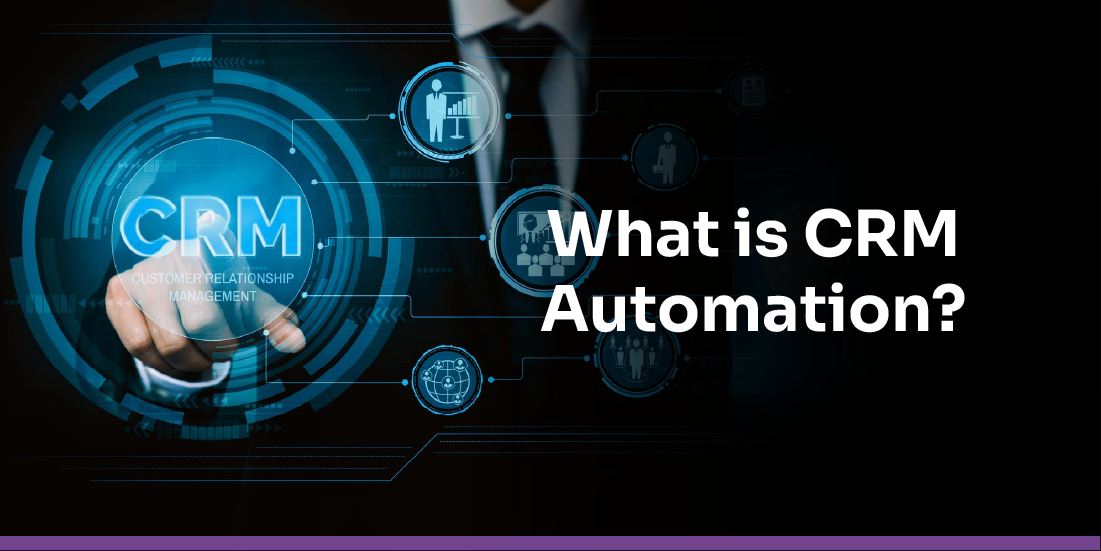
CRM automation refers to the use of technology within a Customer Relationship Management (CRM) system to automate repetitive, time-consuming tasks across sales, marketing, and customer service. Instead of manually sending follow-up emails, logging calls, updating records, or assigning leads, CRM automation tools streamline these workflows—saving time, improving accuracy, and ensuring consistent customer engagement.
For example, when a new lead fills out a form on your website, automation can instantly:
- Capture the lead in the CRM.
- Assign it to the appropriate sales representative based on their territory or product interest.
- Trigger a personalised welcome email.
- Schedule a reminder for the rep to follow up.
This eliminates delays and reduces the risk of missed opportunities.
Beyond sales, CRM automation also powers marketing campaigns (like HubSpot automatically nurturing leads with drip emails) and customer support workflows (like Salesforce or Zoho routing tickets to the right agents).
CRM automation means letting the system “do the busy work” so teams can focus on building relationships, closing deals, and solving problems—driving efficiency and better customer experiences at scale.
Why CRM Automation Matters?
CRM automation is crucial because it streamlines repetitive processes, ensures accuracy, and enhances overall efficiency. By freeing teams from manual work, it enables stronger customer engagement, higher productivity, and improved retention—helping businesses scale while delivering personalised, consistent customer experiences.
1. Efficiency Gains
Automation handles repetitive tasks—such as data entry, lead routing, or follow-up emails—efficiently and instantly. This saves employees over 200 hours annually (Affinity), allowing them to focus on relationship-building rather than administrative tasks.
2. Improved Accuracy
Manual processes often introduce errors that affect reporting and customer data. Automated workflows ensure consistency and reduce errors, providing sales and marketing leaders with more reliable insights.
3. Higher Productivity
Businesses that adopt CRM automation see a 21% increase in agent productivity (DemandSage). Teams can engage more leads, resolve more support tickets, and scale efforts without adding headcount.
4. Enhanced Customer Experience
Personalised, timely communication becomes effortless with automation. For example, Zurich Insurance’s AI-powered CRM reduced service response times by 70%, enabling customers to feel valued and supported more quickly (Business Insider).
5. Business Growth & Retention
According to DemandSage, CRM automation contributes to 17% higher lead conversions and 16% better customer retention. This translates to increased revenue and stronger, long-term customer relationships.
Who is Using CRM Automation?
CRM automation is being embraced across industries and organisation sizes because of its proven ability to streamline processes, reduce costs, and enhance customer relationships. According to Grand View Research, over 91% of companies with more than 10 employees use CRM systems, and most of them leverage automation to drive efficiency. Let’s explore in detail who is using it and how.
- Small and Medium Businesses (SMBs): For startups and growing companies, resources are often limited, but customer demands are high. CRM automation enables these businesses to punch above their weight by automating follow-ups, scheduling reminders, and nurturing leads. Tools like HubSpot and Zoho CRM help SMBs build automated pipelines that save hundreds of hours annually while ensuring no lead falls through the cracks. For instance, many SaaS startups use HubSpot workflows to automatically send onboarding emails, track engagement, and score leads—functions that would otherwise require a full-time team.
- Large Enterprises: Fortune 500 companies use CRM automation to handle massive customer datasets and complex journeys. Salesforce, the market leader, helps global brands automate forecasting, territory management, and omnichannel campaigns. For example, Coca-Cola leverages Salesforce to optimise sales rep schedules and manage loyalty programs across regions, ensuring consistent service delivery at scale. Automation here is not about saving time alone—it’s about ensuring global consistency and predictive insights.
- E-commerce and Retail: Online businesses rely heavily on instant, personalised engagement. CRM automation is used to send abandoned cart reminders, personalised product recommendations, and loyalty offers. A Shopify store integrated with HubSpot CRM or Zoho CRM can automatically send a discount email within minutes of a customer abandoning their cart—dramatically improving conversion rates. Amazon-like personalisation is now achievable for smaller retailers through automated CRM workflows.
- Financial Services and Insurance: In this sector, where trust and quick response are vital, CRM automation is revolutionising customer support. For example, Zurich Insurance deployed an AI-powered CRM that uses automation to manage customer claims and inquiries, resulting in a 70% reduction in response times (Business Insider). Banks also use CRM automation to trigger loan reminders, fraud alerts, or personalised financial advice based on customer activity, improving both trust and retention.
- Education and Nonprofits: Universities and mission-driven organisations also rely on CRM automation. With thousands of students or donors to manage, manual communication is impossible. Tools like Salesforce.org and Slate automate applicant communications, scholarship updates, alumni engagement, and fundraising campaigns. For example, U.S. universities use automation to instantly send personalised messages to prospective students after inquiries, improving enrollment conversion rates while reducing staff workload.
Key Features of CRM Automation Tools
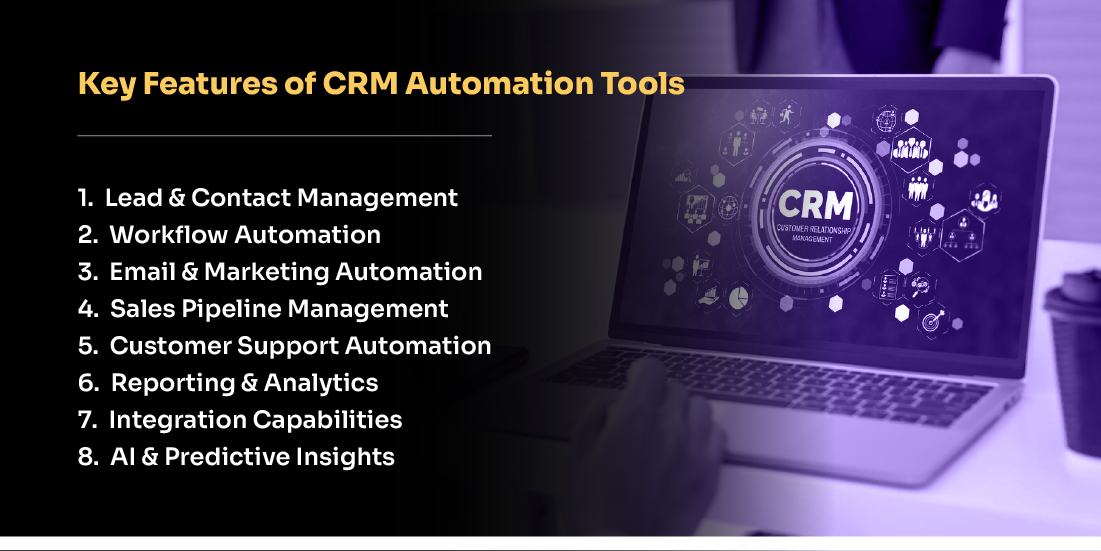
CRM automation tools have become indispensable for modern businesses. They not only reduce manual work but also enable personalised, data-driven customer experiences at scale. These gains are possible because of the powerful features built into today’s leading platforms like Salesforce, HubSpot, and Zoho.
1. Lead & Contact Management
Instead of manually entering customer data, CRM automation tools automatically capture information from forms, emails, and social media. Every interaction—calls, chats, purchases—is logged into a single profile. This gives sales and marketing teams a 360° view of each customer. For example, HubSpot CRM pulls in leads directly from website forms and assigns them to the right sales rep instantly.
2. Workflow Automation
Tasks like sending reminders, updating deal stages, or assigning leads to different teams are automated through workflows. This reduces delays and ensures consistent follow-ups. Zoho CRM uses customizable workflows so leads can be automatically nurtured with emails, moved through sales stages, and flagged for human attention when needed.
3. Email & Marketing Automation
Automated campaigns ensure leads receive personalised emails based on behaviour (e.g., abandoned cart reminders, birthday offers, or post-purchase follow-ups). Tools like Mailchimp integrated with Salesforce allow companies to run drip campaigns that adapt to customer engagement in real time.
4. Sales Pipeline Management
CRM automation provides a visual dashboard of the sales pipeline where deals are tracked, scored, and prioritised automatically. AI can forecast which deals are most likely to close. For instance, Salesforce Einstein AI predicts win probabilities and suggests next-best actions for sales reps.
5. Customer Support Automation
Chatbots, ticketing systems, and automated routing ensure customers get faster responses. CRM tools like Zendesk, integrated with HubSpot, automatically categorise support tickets, assign them to the correct department, and even trigger knowledge base articles for customers to self-serve.
6. Reporting & Analytics
Instead of compiling data manually, CRMs generate real-time reports and dashboards. This helps leaders track KPIs like conversion rates, revenue per customer, or customer churn. For example, Pipedrive CRM automatically generates weekly reports on deal velocity, assisting teams in identifying bottlenecks in the sales cycle.
7. Integration Capabilities
Modern CRM systems integrate with various tools, including email platforms (Outlook, Gmail), e-commerce platforms (Shopify, WooCommerce), accounting software (QuickBooks), and social media channels. This creates a unified customer journey, avoiding data silos. Zoho CRM Plus, for example, offers 500+ integrations to sync workflows across departments.
8. AI & Predictive Insights
Artificial intelligence enhances automation by scoring leads, forecasting revenue, and recommending personalised outreach. For instance, Salesforce’s Agentforce AI resolves 84% of queries automatically, while its predictive engine forecasts sales with high accuracy, enabling businesses to plan resources more effectively.
Read more: Top 10 Student Engagement Tools for Higher Education
What are the Benefits of CRM Automation?
CRM automation is not just about reducing workload—it’s about transforming how businesses build and maintain relationships. By streamlining processes, enabling data-driven insights, and personalising customer interactions, CRM automation helps organisations scale without sacrificing quality. In fact, businesses using CRM automation report 17% higher lead conversions, 16% better retention, and 21% greater productivity (DemandSage). These benefits make automation a vital tool for any business seeking to remain competitive in today’s customer-centric world.
1. Saves Time & Reduces Manual Work
Repetitive tasks, such as logging emails, assigning leads, or updating deal stages, consume hours of staff time. CRM automation handles these instantly, freeing employees to focus on high-value activities such as relationship-building. For example, HubSpot workflows automatically capture form submissions and trigger follow-up emails—saving teams hundreds of hours annually.
2. Boosts Productivity
When routine processes are automated, teams can accomplish more with fewer resources. According to DemandSage, businesses experience a 21% increase in productivity with CRM automation. This means sales reps can handle more opportunities, and support teams can resolve more tickets without burnout.
3. Improves Lead Conversion Rates
Automation ensures no lead is left unattended. By utilising lead scoring and automated nurturing campaigns, businesses can consistently engage prospects until they’re ready to make a purchase. This results in 17% higher conversions. For instance, Zoho CRM automatically scores leads based on behaviour and prioritizes them for sales reps.
4. Enhances Customer Retention
Personalised follow-ups, loyalty offers, and proactive check-ins keep customers engaged long after purchase. CRM automation streamlines this process, contributing to a 16% increase in customer retention. A case in point: Zurich Insurance’s AI-powered CRM cut response times by 70%, creating trust and long-term loyalty.
5. Delivers Better Customer Experiences
Automation ensures customers always get timely, relevant communication—whether it’s a welcome email, appointment reminder, or personalised product recommendation. Amazon-style personalisation is now possible for SMBs using tools like Salesforce or HubSpot, creating consistent experiences that customers value.
6. Provides Actionable Insights
With automated reporting, businesses don’t have to wait weeks for performance reviews. Real-time dashboards and AI analytics reveal what’s working and where improvements are needed. Salesforce Einstein, for example, predicts deal success rates and suggests the best course of action, empowering more informed decision-making.
7. Ensures Accuracy & Reduces Errors
Manual data entry is prone to mistakes, leading to lost deals or poor customer insights. CRM automation keeps records updated automatically and syncs data across platforms (email, social, e-commerce), ensuring consistency. This accuracy improves both internal efficiency and customer trust.
8. Scales with Growth
As customer bases expand, businesses can’t afford to manually manage every interaction. Automation ensures scalability—handling thousands of leads, emails, and support tickets without requiring a massive increase in staff. For example, growing e-commerce brands integrate Shopify with CRMs like Zoho to automate abandoned cart follow-ups at scale.
Types of CRM Automation: What They Do and Why They Matter
CRM automation is more than just software—it’s a strategy to optimise customer engagement across every stage of the journey. Whether it’s sending a personalised follow-up email, forecasting sales, or routing a support ticket, automation ensures speed, accuracy, and consistency. Different types of CRM automation focus on specific business needs, and understanding them helps organisations choose the right mix of tools.
1. Sales Automation
Sales teams are often bogged down by administrative tasks—logging calls, scheduling meetings, or updating pipelines—leaving less time for actual selling.
Sales automation simplifies these processes by automatically capturing leads, assigning them to the right reps, setting reminders, and forecasting deal success. For instance, Salesforce Sales Cloud uses AI (Einstein) to predict which opportunities are most likely to close and prompts reps with next-best actions. This ensures no lead is forgotten and allows teams to spend more time closing deals rather than updating spreadsheets.
2. Marketing Automation
In today’s customer-first market, timely and personalised marketing is critical. Doing this manually for thousands of prospects is nearly impossible.
Marketing automation within CRM platforms enables the management of email campaigns, lead nurturing, and social media outreach at scale. Tools like HubSpot CRM or Zoho Campaigns can trigger drip campaigns based on customer actions—for example, sending a product demo invitation when someone downloads a whitepaper. This personalisation builds stronger connections and improves lead quality, directly boosting conversion rates.
3. Customer Service Automation
Customers expect fast, 24/7 support, but human-only teams often struggle to keep up.
Service automation fills this gap by using chatbots, ticketing systems, and intelligent routing. For example, Zendesk integrates with Salesforce Service Cloud, automatically categorising tickets, assigning them to the right team, and suggesting knowledge base articles for faster resolution. Zurich Insurance even utilised CRM automation to reduce service response times by 70%, demonstrating how automation enhances both speed and satisfaction.
4. Workflow & Task Automation
Beyond sales and marketing, companies lose countless hours on repetitive internal tasks, such as approvals, reminders, and notifications.
Workflow automation streamlines these processes across departments. For example, with Zoho CRM workflows, if a lead hasn’t been contacted in 7 days, the system can automatically send a reminder to the sales rep, trigger a re-engagement email, and update the CRM record. This ensures consistency, accountability, and smoother handoffs between teams.
5. Analytics & Reporting Automation
Reliable decision-making requires accurate and timely insights—but manual reporting is time-consuming and prone to errors.
Automated reporting in CRMs offers real-time dashboards, performance summaries, and predictive analytics, eliminating the need for manual intervention. Pipedrive CRM, for example, generates weekly reports on deal progress, win rates, and sales velocity. Advanced platforms like Salesforce Einstein Analytics can even predict future revenue and customer churn, enabling leaders to make proactive decisions.
6 Best CRM Automation Tools to Consider in 2025
As CRM automation becomes indispensable in 2025, streamlining workflows, enhancing personalisation, and delivering strong ROIs, choosing the right platform is key. Whether you’re a startup or an enterprise, the CRM you select can determine how efficiently you scale, nurture relationships, and drive revenue in a rapidly evolving market.
1. Salesforce Sales Cloud
Salesforce Sales Cloud is a market leader in CRM automation, empowering enterprises with AI-driven insights, predictive forecasting, and scalable workflows that help teams close deals faster and enhance customer engagement globally.
- Best For: Large enterprises needing scalable automation, predictive AI, and broad integrations.
- Features: Einstein AI with lead/opportunity scoring, predictive forecasting, workflow automation, omnichannel support, customizable dashboards, and an extensive AppExchange marketplace.
- Pros: Highly scalable, AI-rich, extensive connector ecosystem.
- Cons: Costly, complex setup.
- Pricing: Starts around $25/user/month; advanced AI tiers ($300+/user/month).
- Customer Testimonial: Fisher & Paykel utilises Salesforce’s Agentforce AI to automatically handle 66% of website inquiries, while resolving 84% of customer queries internally, dramatically enhancing efficiency.
2. HubSpot CRM
HubSpot CRM is designed for SMBs and mid-sized businesses, offering an intuitive, all-in-one platform with marketing, sales, and service automation to streamline customer interactions and boost conversion rates efficiently.
- Best For: SMBs and mid-sized companies seeking an intuitive, marketing-integrated CRM with automation.
- Key Features: Free tier available; email and marketing automation, lead nurturing, chatbots, and AI-powered data enrichment.
- Pros: User-friendly, robust free tier, and seamless HubSpot ecosystem integration.
- Cons: Premium features can be expensive; limited customisation vs. enterprise platforms.
- Pricing: Free tier; paid plans start around $20–45/user/month, scaling with feature scope.
- Customer Testimonial: HubSpot CRM users average 31% more deals closed compared to just using the Sales Hub.
3. Zoho CRM Plus
Zoho CRM Plus offers cost-effective, AI-powered automation with multichannel communication, analytics, and workflow tools—ideal for growing businesses seeking powerful features without the high costs associated with enterprise-level CRM platforms.
- Best For: Cost-conscious businesses seeking powerful automation with AI capabilities.
- Key Features: AI assistant “Zia”, multichannel communication, workflow automation, analytics, and a wide suite of integrations.
- Pros: Affordable, robust automation, and strong analytics.
- Cons: Interface is less polished; fewer third-party integrations.
- Pricing: Starts at $14/user/month; enterprise plans are around $40–52/user/month.
- Innovation: In 2025, Zoho introduced AI agents and a Zia Agent Marketplace for customizable task automation.
4. Pipedrive
Pipedrive is a simple yet powerful sales-focused CRM that helps startups and small businesses track deals, automate workflows, and boost sales team productivity with its intuitive visual pipeline system.
- Best For: Small businesses and startups focused on sales automation and simplicity.
- Key Features: Visual deal pipelines, workflow automation, activity reminders, email sync, and reporting
- Pros: Very user-friendly, affordable, and quick onboarding.
- Cons: Lacks advanced marketing or AI features.
- Pricing: Starts at $15/user/month.
- Recommendation: TechRadar ranks Pipedrive highly for its intuitive UX and AI-enhanced automation for SMBs.
5. Freshsales (by Freshworks)
Freshsales delivers an affordable, communication-enabled CRM with built-in calling, email, lead scoring, and AI-driven insights—tailored for SMBs wanting faster sales cycles and more personalised customer engagement.
- Best For: Small businesses needing affordable sales automation with built-in calling and email tools.
- Key Features: AI-based deal management, integrated calling, lead scoring, and visual pipelines.
- Pros: Budget-friendly; good for sales-heavy teams; easy setup.
- Cons: Limited marketing automation; fewer enterprise integrations.
- Pricing: Free tier available; paid plans range from $9–$39/user/month.
6. Insightly
Insightly blends CRM with project management, providing workflow automation, reporting, and relationship mapping—best suited for mid-sized businesses managing customer interactions alongside project execution and post-sales activities.
- Best For: Mid-sized teams that rely on customizable workflows and relationship mapping.
- Key Features: Workflow automation, robust reporting, and contact relationship visuals.
- Pros: Customizable; strong analytics.
- Cons: Pricing can be high; support may incur additional costs.
- Pricing: Starts at $29/user/month.
How to Evaluate CRM Automation Tools for Your Team
Picking the right CRM automation tool isn’t just about cost—it’s about fit. Teams should assess usability, features, scalability, and support to ensure the tool actually improves productivity, customer engagement, and long-term business growth.
| Criteria | What It Means | Why It’s Important | Example |
| Ease of Use | Easy for your team to learn and use | Better adoption, less training needed | HubSpot is very user-friendly |
| Automation Features | Tools for workflows, emails, and lead assignment | Saves time and reduces manual work | Salesforce automates sales tasks |
| Customization | Ability to adapt fields and workflows | Fits your team’s specific needs | Zoho CRM is highly flexible |
| Integrations | Connects with apps like email, ERP, or chat | Keeps all data in one place | Microsoft Dynamics works with Outlook/Teams |
| Scalability | Grows with your team and customer base | Avoids switching tools as you expand | Salesforce supports enterprises |
| Reporting | Dashboards and analytics | Helps track performance and ROI | Pipedrive offers deal insights |
| Pricing | Cost per user and overall affordability | Ensures value without overspending | Zoho CRM starts at $14/month |
| Support | Help, training, and onboarding | Smooth setup and ongoing assistance | Freshsales offers 24/7 support |
| Security | Data protection and compliance (GDPR, etc.) | Protects customer information | Salesforce has enterprise-grade security |
The Role of AI in CRM Automation
Artificial Intelligence (AI) has shifted CRMs from being static databases to dynamic, decision-making systems. By automating repetitive tasks, predicting customer behaviour, and delivering hyper-personalised experiences, AI-powered CRMs are now the backbone of modern customer engagement.
1. Widespread Adoption of AI in CRM
AI is becoming standard in CRM. By 2025, 81% of organisations will use AI-powered CRM systems, with adoption of AI and big data in CRM expected to surge 97% between 2025 and 2030. This shows that AI isn’t a “future add-on”—it’s already a necessity.
2. Predictive Insights and Next-Best Actions
Traditional CRMs recorded customer interactions, but AI-powered CRMs go further by predicting what will happen next. Platforms like Salesforce Einstein, HubSpot ChatSpot, and Zoho Zia analyse customer behaviour, forecast sales outcomes, and even recommend actions for reps.
- For instance, Salesforce’s Einstein AI scores leads and tells sales reps which ones are most likely to convert.
- This predictive approach reduces wasted effort and improves win rates significantly.
3. ROI and Business Value
AI in CRM isn’t just about convenience—it’s profitable. Businesses using AI-powered customer service report an average return of $3.50 for every $1 spent, with top performers seeing up to 8× ROI. This ROI comes from faster response times, lower support costs, and improved conversion rates.
4. Efficiency and Personalisation at Scale
AI removes manual bottlenecks by automating data entry, lead routing, and follow-ups, freeing teams to focus on high-value tasks.
- According to Monday.com, AI-enabled CRMs increase productivity by automating repetitive admin work like logging calls and scheduling reminders.
- On the marketing side, AI accelerates campaign launches by 75% with predictive analytics and automated content workflows.
5. Real-World Success Stories
- Salesforce (Agentforce AI): Marc Benioff revealed Salesforce cut 4,000 customer support staff because AI agents now resolve 50% of customer interactions with 93% accuracy, without lowering productivity.
- Zurich Insurance: Inspired by Spotify’s recommendation engine, Zurich’s AI-powered CRM reduced service processing times by 70%, enabling agents to find and deliver the right policies in just three clicks.
6. Testing AI Before Deployment
Salesforce recently launched a digital twin for CRM operations (CRMArena-Pro), allowing companies to test AI agents in a simulation before deploying them. Businesses can safely trial automation for tasks like forecasting or customer service and refine them before going live.
7. Human + AI Balance
Despite these gains, AI cannot replace human empathy. Studies show 50% of customers will switch brands after a single bad experience.
This highlights the need for AI-human collaboration: AI should handle efficiency, while humans step in for emotional intelligence and complex problem-solving.
CRM Automation Best Practices
CRM automation can transform how businesses engage customers, but success relies on strategy, not just technology. By applying best practices, companies ensure automation enhances efficiency, strengthens personalisation, and drives sustainable growth while keeping the human element intact.
1. Define Clear Goals Before Automating
Jumping into automation without a strategy often leads to messy workflows and wasted effort. Businesses should identify specific objectives—like boosting lead conversion by 20%, cutting response times by 50%, or improving retention rates. For example, a HubSpot user set clear goals around lead nurturing and achieved a 20% increase in conversions within three months. Goal-setting helps measure ROI and ensures automation serves business priorities.
2. Keep the Human Touch
Automation should complement—not replace—human connection. Customers expect empathy and nuanced support, which AI cannot fully provide. Research shows 50% of customers switch brands after one poor interaction. Best practice is to use automation for routine tasks (e.g., reminders, ticket routing) while ensuring complex issues escalate to human agents. This balance builds trust and avoids depersonalised customer experiences.
3. Regularly Clean and Update Data
CRM automation is only as good as the data feeding it. Duplicate, outdated, or incomplete records result in poor targeting and wasted resources. Gartner estimates that insufficient data costs businesses nearly $15 million annually. Teams should perform quarterly data audits, standardise entry rules, and use AI-powered deduplication tools (like Salesforce’s Data.com or Zoho’s Zia) to maintain accuracy. Clean data ensures automation delivers meaningful, personalised interactions.
4. Personalise Communication
Generic, mass-produced automation often leads to disengagement. Instead, CRMs should segment audiences by behaviour, purchase history, or lifecycle stage. AI can tailor outreach—like sending personalised offers after a purchase or reminders when a cart is abandoned. For instance, Zurich Insurance’s AI-powered CRM reduced service times by 70% while improving personalisation. Personalised automation makes customers feel understood, increasing engagement and loyalty.
5. Monitor, Test, and Optimise Workflows
Automation is never “set and forget.” Businesses must continuously monitor KPIs like open rates, conversion rates, and customer satisfaction. A/B testing different workflows helps refine performance. Salesforce’s Einstein AI, for example, analyses pipeline trends and predicts win rates, enabling managers to optimise processes dynamically. Regular optimisation ensures automation stays relevant, delivers ROI, and scales as customer needs evolve.
Summary
CRM systems have become automation engines that centralise data, streamline workflows, and personalise engagement across sales, marketing, and service. Adoption is near-universal and ROI compelling: organisations report higher lead conversions, stronger retention, and sizable productivity gains. Leading platforms—Salesforce, HubSpot, Zoho, Microsoft Dynamics—layer AI for predictive scoring, next-best actions, forecasting, and ticket routing. Real-world outcomes include Zurich Insurance cutting service times by 70% and teams saving hundreds of hours annually through automated capture, assignments, reminders, and analytics. Core capabilities span lead/contact management, workflow and email automation, pipeline tracking, support automation, reporting, rich integrations, and AI insights. Benefits include time savings, accuracy, higher throughput, better experiences, and scalable growth. Key automation types are sales, marketing, service, workflow/task, and analytics/reporting. Tool fit depends on usability, integrations, scalability, security, support, and pricing. AI now underpins CRM value—driving prediction, personalisation, and efficiency—while best practices emphasise clear goals, human-in-the-loop support, clean data, tailored messaging, and continuous optimisation.
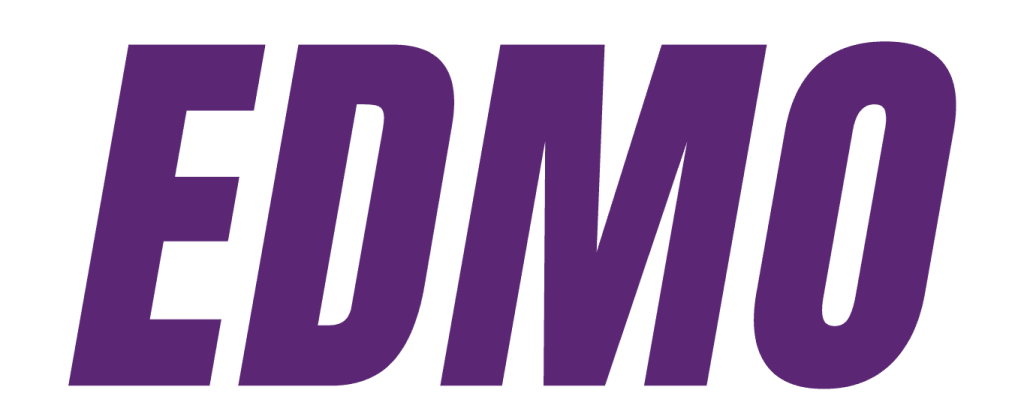
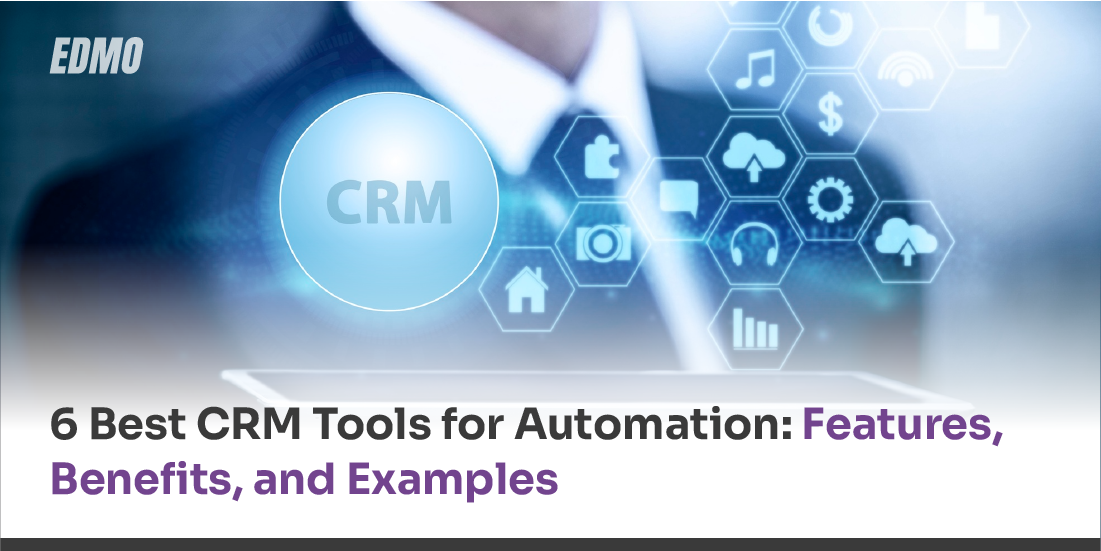
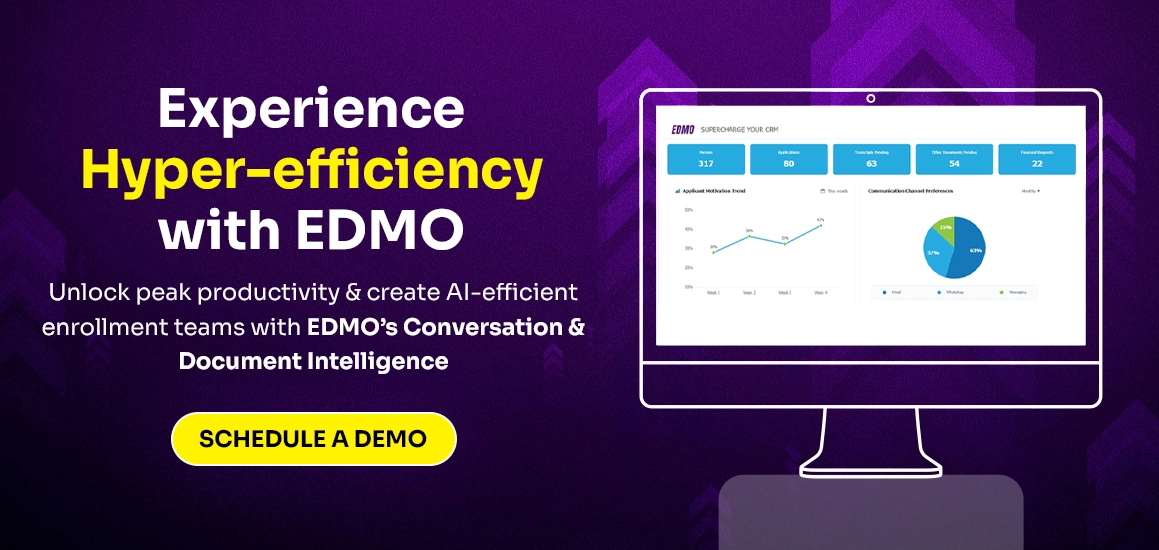




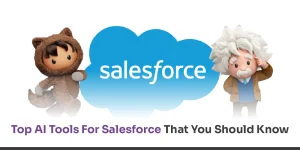
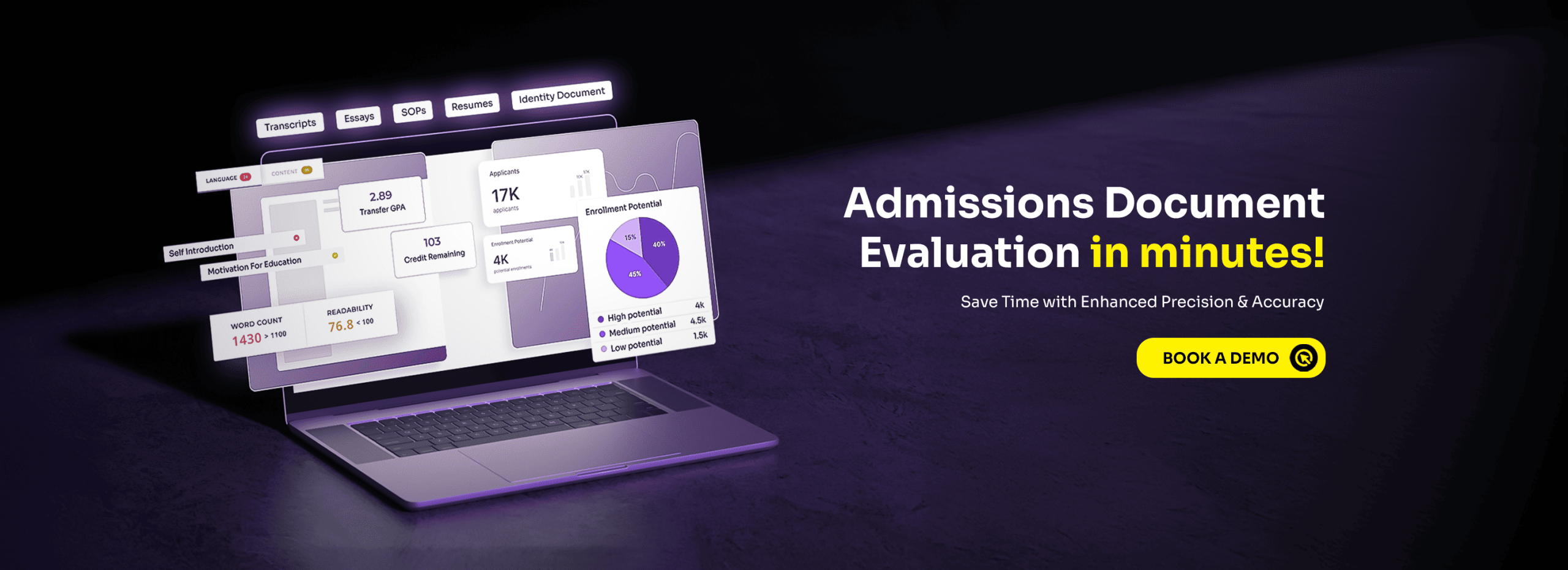
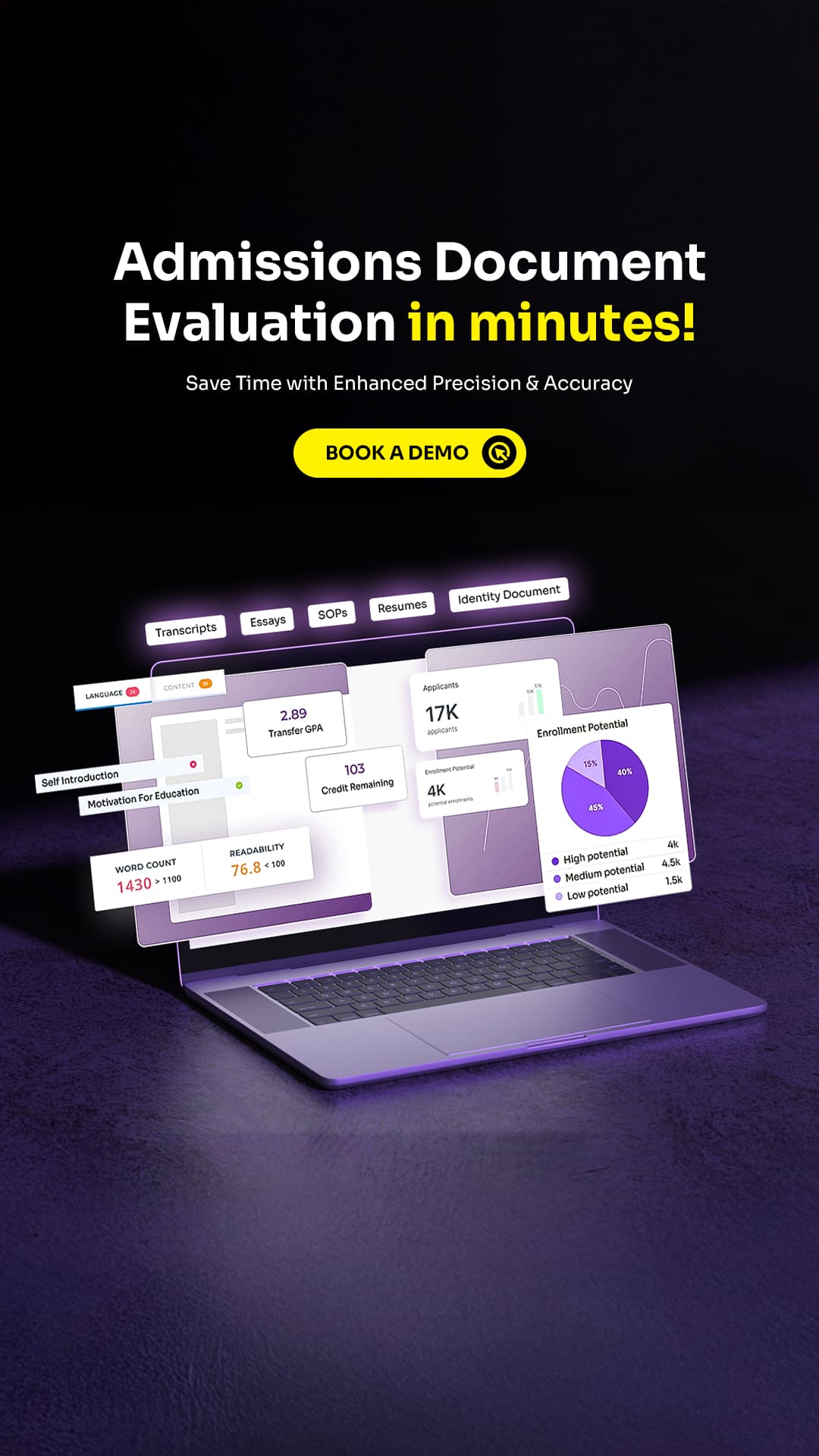
No comments yet. Be the first to comment!
Leave a Comment